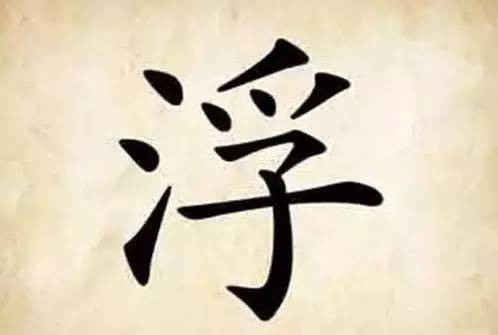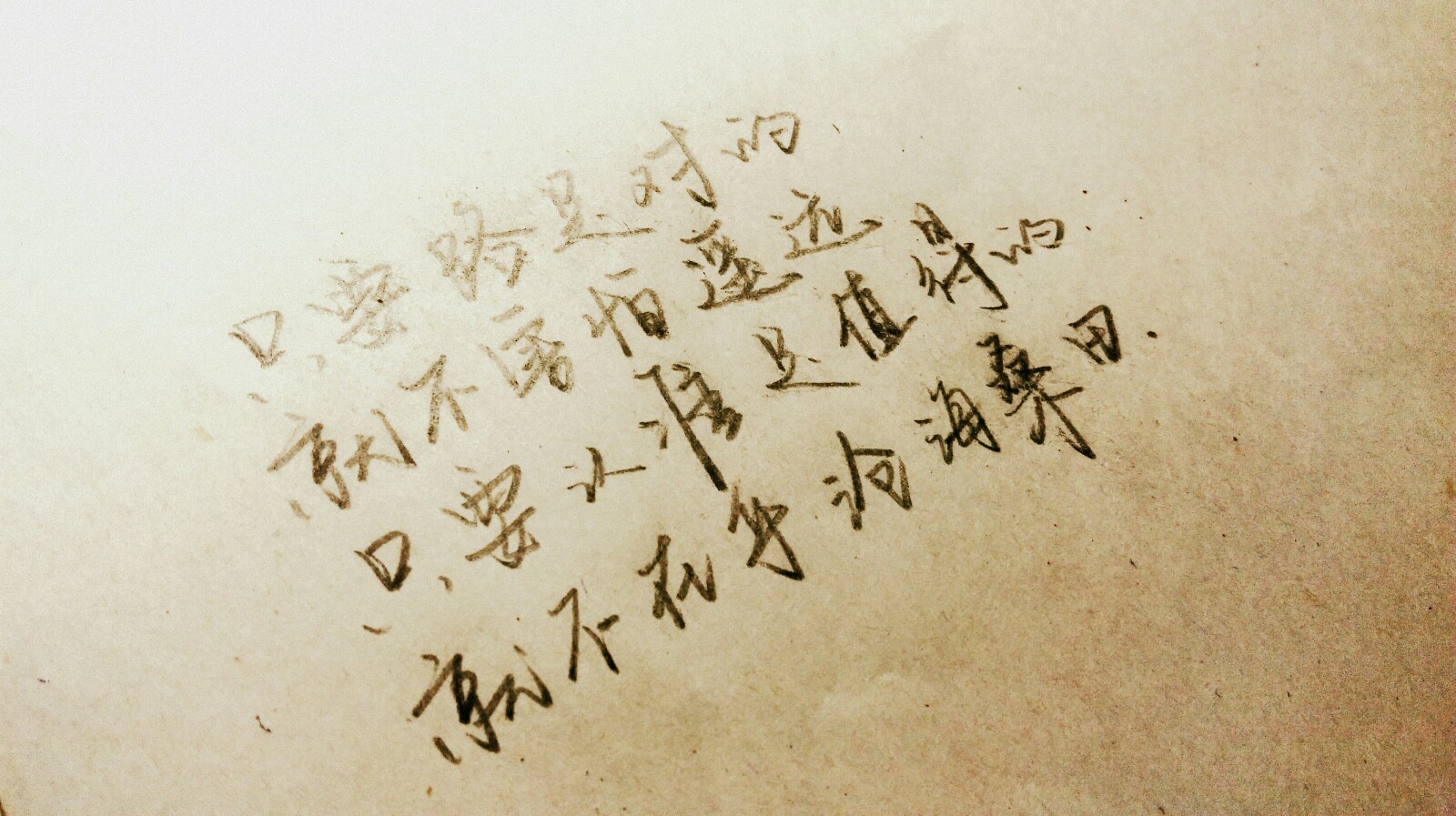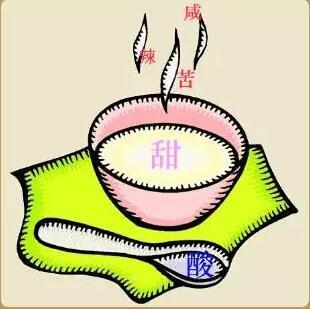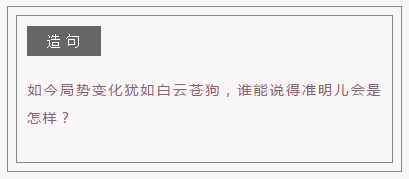仓什么出什么成语_成语故事简笔画
疯狂猜图
2021-04-14 13:42
什么什么苍什么四字成语
看图猜成语,让你的思维越来越灵活
成语玩命猜一个乖字答案:乘人不备 成语玩命猜一个炭字答案:头重脚轻 成语玩命猜一个浮字答案:水乳交融
成语故事 臧仓小人
只要认准是值得的,就不在乎沧海桑田
成语 白云苍狗 是什么意思
苍成语疯狂猜成语答案图
成语白云苍狗是什么意思
看图猜成语,让你的思维越来越灵活
猜一带苍字的成语
成语玩命猜1 96关答案图解成语玩命猜64 72关答案
成语玩命猜苍答案是什么
苍老师打一成语,谢谢大家了
十二生肖成语生肖狗
成语玩命猜苍字猜成语答案图文
白云苍狗 成语故事
一片黑色一个白色苍字打一成语 苍白无力
漆黑里面一个空白仓字打一成语
猜谜语 1 2,4,6,8,10 打一成语 2 清仓大甩卖 打一数学名词
帢的组词:白帢、衣帢、颜帢、帢帽。
白云苍狗是什么意思 白云苍狗的成语故事



















